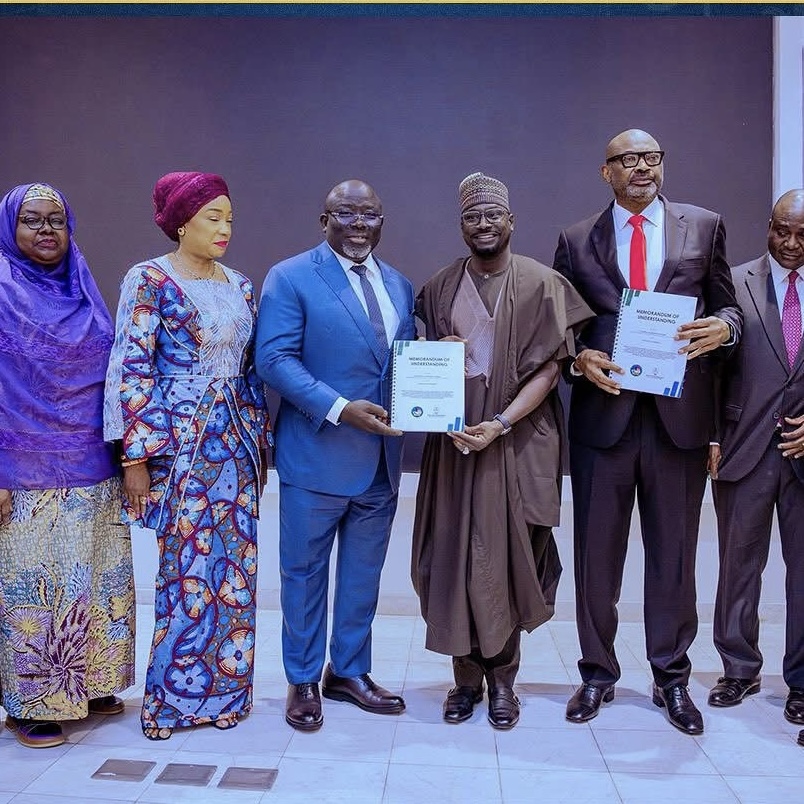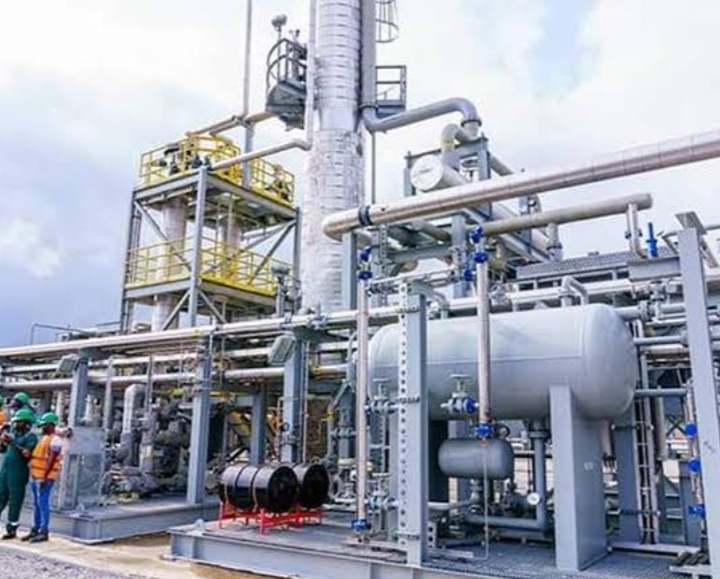Delta govt., REA sign MoU to drive renewable energy
By Constance Athekame
The Delta Government on Wednesday signed a Memorandum of Understanding (MoU) with the Rural Electrification Agency (REA) to expand electricity access in underserved communities and boost renewable energy adoption.
The agreement was signed in Abuja during the REA State-by-State Roundtable Engagement with Delta, themed “Unlocking Distributed Energy Investments for Industrial Growth and Inclusive Access”.
Gov. Sheriff Oborevwori, who signed on behalf of the state, reaffirmed Delta’s readiness to partner with the agency on impactful energy programmes.
“We view these programmes not only as energy access initiatives, but as powerful tools for inclusive economic growth, enterprise development, and rural transformation.
“Access to renewable energy is a cornerstone for unlocking productivity, attracting investments, and improving the livelihoods of our people, particularly in communities that have long been underserved,” he said.
The governor said the state would leverage the partnership to accelerate the delivery of energy solutions in line with its Medium-Term Development Plan (2024–2027) and MORE Agenda.
He noted that renewable energy had become a global driver of growth, citing the International Energy Agency’s 2024 report, which showed that renewables now account for 90 per cent of global power capacity.
“Delta has already enacted the State Energy Power Sector Law 2024 to address electricity challenges, improve access, boost investor confidence, and promote sustainable energy development,” he said.
Oborevwori added that the state had established an 8.5-megawatt independent power plant in Asaba to power government institutions, with plans to replicate the model in tertiary institutions.
He also disclosed that the government had invested heavily in rural electrification projects aimed at rehabilitating weak networks, extending coverage to unserved communities, and deploying solar mini-grids, solar farms, and hybrid systems in rural and coastal areas.
“The goal is to widen access to energy assets for both urban and rural communities through renewable solutions. Delta is irrevocably committed to expanding investments in the energy sector,” he assured.
The governor commended the World Bank, REA, renewable energy service providers, and investors for supporting the initiative, pledging the state’s readiness to collaborate on viable projects.
Also speaking, the Managing Director of REA, Mr Abba Aliyu, said off-grid electrification in Delta could attract 158 million dollars in investments, add 2.9 billion dollars annually to Nigeria’s GDP, and create over 31,000 jobs in the state.
He said REA had identified 471 potential mini-grid sites in Delta, with Ndokwa East Local Government Area alone accounting for 83 locations.
“These sites have the potential to power over 386,000 people and 120,000 buildings across the state. With an average of 255 connections per village, Delta is highly attractive for mini-grid investments,” he said.
Similarly, Mr Frank Nwaebo, Director of Renewable Energy at the Delta Ministry of Energy, said the state had strong solar potential, with an annual average solar radiance of 4.53 kilowatts per hour, the highest in the South-South.
He said rising fossil fuel prices had made diversification urgent, stressing that Delta’s Renewable Energy Policy Roadmap (2023–2028) was designed to guide the transition to clean energy and reduce greenhouse gas emissions. (NAN)
Edited by Abdulfatai Beki/Kevin Okunzuwa






